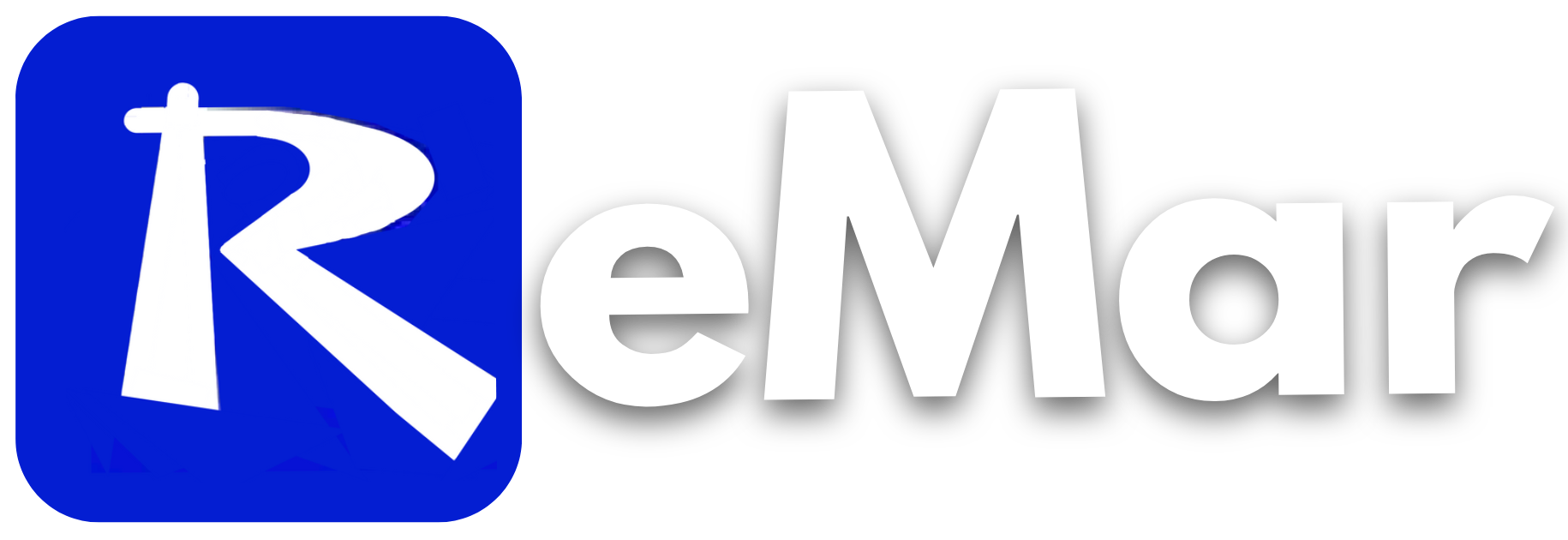NCLEX test preparation is an intense journey that requires more than memorizing facts and protocols. While study materials, practice questions, and review courses are essential, self-assessment plays a pivotal role in shaping a candidate’s readiness and confidence. Self-assessment is not just a tool for measuring progress; it acts as a mirror reflecting strengths, weaknesses, and the nuances of exam performance that are often overlooked in routine study sessions.
The NCLEX is designed to evaluate not only knowledge but also critical thinking, clinical judgment, and decision-making skills under pressure. Relying solely on reading and passive review can create blind spots. Candidates may feel confident in areas where their understanding is superficial or may spend excessive time on topics already mastered. Self-assessment provides clarity, enabling students to allocate effort where it truly matters.
Identifying Knowledge Gaps
One of the primary benefits of self-assessment is the identification of knowledge gaps. By taking practice tests, quizzes, or timed question sets, candidates can see which subjects consistently challenge them. This process helps avoid a common pitfall: assuming competence based on familiarity.
Key points include:
- Recognizing areas that need repeated review versus those that require deeper conceptual understanding.
- Highlighting recurring mistakes in clinical judgment, prioritization, or pharmacology questions.
- Tracking improvement over time, ensuring progress is measurable and tangible.
Enhancing Time Management Skills
The NCLEX is a computer-adaptive test, which means timing and decision-making are critical. Self-assessment enables students to practice pacing under realistic conditions. By simulating test environments, candidates learn how to:
- Allocate adequate time to difficult questions without compromising overall performance.
- Develop strategies for quickly identifying distractors or misleading options.
- Build endurance for sustained focus during lengthy test sessions.
Strengthening Critical Thinking and Decision-Making
Self-assessment is more than marking answers correct or incorrect; it is about analyzing reasoning and thought processes. Critical thinking skills are sharpened when candidates reflect on why a chosen answer was incorrect or why an alternative is superior. Key methods include:
- Write brief rationales for each answer choice.
- Comparing personal reasoning with established nursing principles.
- Revisiting complex scenarios to practice prioritization and delegation.
Fostering Confidence and Reducing Anxiety
Confidence is a direct byproduct of accurate self-assessment. When candidates identify strengths and witness measurable progress, their anxiety diminishes. Preparing for the NCLEX can be stressful, and self-assessment offers a sense of control:
- Structured self-evaluation builds a realistic sense of readiness.
- Regular reflection reduces fear of unknown question types.
- Confidence gained through self-assessment often translates into improved exam performance.
Creating a Targeted Study Plan
Without self-assessment, study plans risk being generic or unfocused. Assessing performance allows candidates to tailor their preparation to individual needs. Benefits of this approach include:
- Prioritizing high-yield topics based on personal weaknesses.
- Allocating time efficiently between subjects that require reinforcement and those that have already mastered.
- Integrating active learning strategies, such as flashcards, practice scenarios, and group discussions, aligned with identified gaps.
Techniques for Effective Self-Assessment
Several strategies maximize the benefits of self-assessment during NCLEX preparation:
- Timed practice tests: Mimic exam conditions to evaluate pacing and endurance.
- Question analysis journals: Record incorrect answers, noting reasoning errors and missed concepts.
- Progress tracking charts: Visualize growth over weeks or months, reinforcing motivation.
- Peer review sessions: Discussing challenging questions with fellow candidates can uncover alternate approaches.
- Simulation exercises: Engage in scenario-based practice to test decision-making and prioritization skills.
Avoiding Common Self-Assessment Pitfalls
While self-assessment is valuable, misuse or inconsistency can undermine its effectiveness. Common mistakes include:
- Focusing only on questions answered incorrectly, neglecting patterns in partially correct reasoning.
- Ignoring time-tracking which may lead to overconfidence in pacing.
- Overloading study sessions with assessment without sufficient review or remediation.
Integrating Self-Assessment into Daily Preparation
Incorporating self-assessment into a daily or weekly routine ensures consistent progress. A balanced approach might involve:
- Morning: Quick review of flashcards or high-yield notes.
- Afternoon: Timed practice questions with detailed rationales.
- Evening: Reflection on mistakes and journaling insights.
This cyclical process fosters both knowledge retention and practical application, reinforcing the connection between theory and exam performance.
Beyond Knowledge: Building Exam Resilience
Self-assessment cultivates resilience—an often-overlooked component of NCLEX success. Repeated evaluation encourages adaptation to unfamiliar scenarios, developing mental flexibility crucial for a computer-adaptive test. Candidates become less deterred by unexpected question formats or complex case studies.
Conclusion
Self-assessment is not optional for serious NCLEX preparation; it is a cornerstone of effective study. It transforms preparation from passive review into active, targeted learning, enhancing knowledge retention, critical thinking, time management, and exam confidence. By regularly evaluating performance, identifying weaknesses, and adjusting study strategies, candidates gain a realistic measure of readiness and a greater sense of control over their exam outcomes.
Integrating self-assessment into the study routine ensures that every hour spent reviewing contributes meaningfully to competence and confidence, ultimately bridging the gap between preparation and success.

